The cornea is the transparent, dome-shaped surface that covers the front of the eye and provides most of the eye's focusing power. An eye donation is a non-profit organization that recovers, processes, and distributes donated human eye tissue, primarily the cornea, for transplant purposes. Cornea transplant services help restore sight to individuals with corneal blindness.
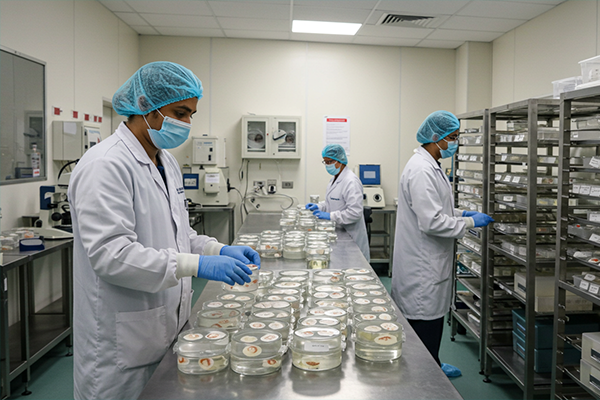
Cornea donation is a selfless act that can restore vision for people suffering from corneal blindness. The donated cornea is used in a cornea transplant surgery to replace the damaged or diseased cornea with a healthy donor cornea.
Did you know? There is a significant need for cornea donors worldwide. Your decision to donate can give the precious gift of sight to someone in need. Learn more about corneal care and how it plays a vital role in eye health.
Our specialized team treats a range of corneal conditions using the latest diagnostic tools and treatment approaches:

A chronic condition where the eye doesn't produce enough tears or the right quality of tears to maintain proper lubrication.
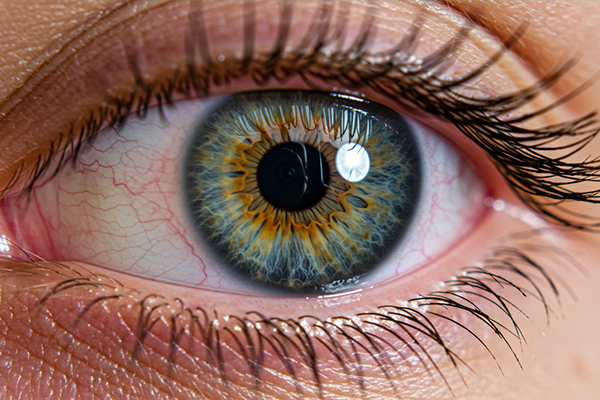
An open sore on the cornea, often resulting from infection, that can cause vision loss if not treated promptly.
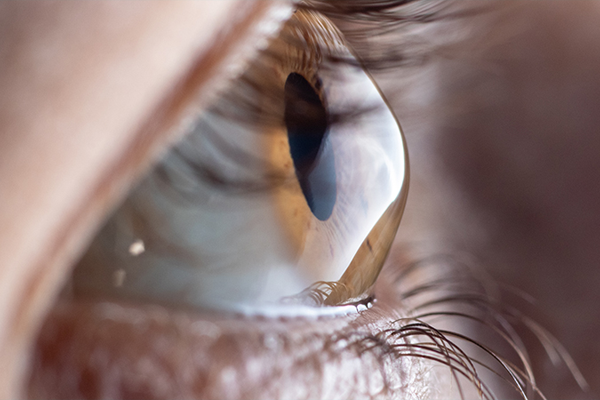
A progressive eye disease where the cornea thins and bulges outward into a cone shape, causing distorted vision.
This innovative treatment strengthens the corneal structure by creating new bonds between collagen fibers, effectively halting keratoconus progression in most cases.
For patients with severe corneal damage or disease, a corneal transplant can restore vision and quality of life. This surgical procedure replaces damaged corneal tissue with healthy donor tissue.
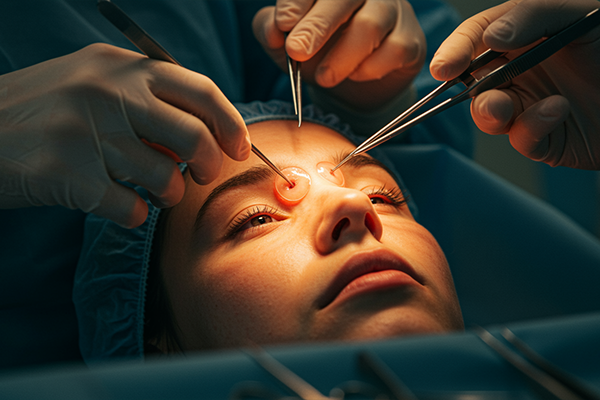
Our surgeons are skilled in the latest corneal transplant procedures, tailoring the approach to each patient's specific condition:
Full-thickness corneal transplant for conditions affecting all corneal layers.
Replaces only the inner layer of the cornea, offering faster recovery and fewer complications.
Preserves the inner layer of the cornea while replacing the front and middle layers.
Corneal transplants have among the highest success rates of all tissue transplants. With proper care, a transplanted cornea can last for many years, often providing decades of improved vision.
Our eye bank plays a crucial role in restoring sight through ethical and efficient management of donated eye tissue.
Our trained technicians recover donated corneal tissue in a timely, respectful manner, adhering to strict protocols to ensure tissue quality.
Each donated cornea undergoes thorough evaluation and testing to ensure safety and suitability for transplantation.
We coordinate the distribution of suitable tissue to surgeons for transplantation, helping restore sight to those in need.
Common questions about eye donation answered to help you make an informed decision.
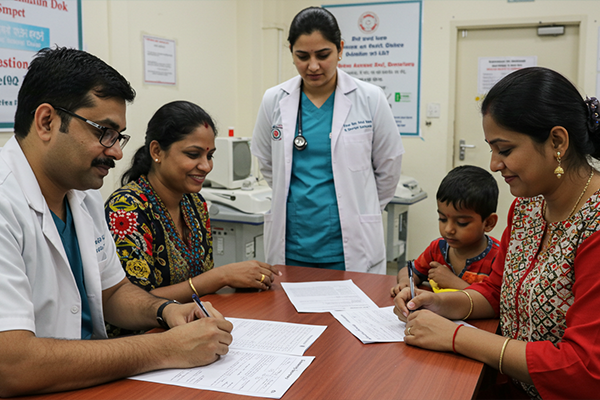
Your decision to donate could help restore vision to someone living in darkness. One donor can help two people see again.
Become a DonorFor expert corneal care or to learn more about eye donation, contact our specialists.